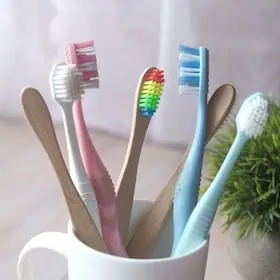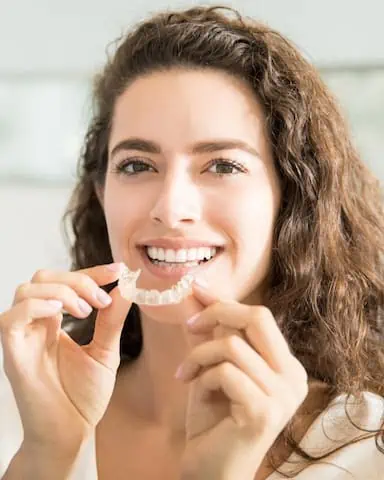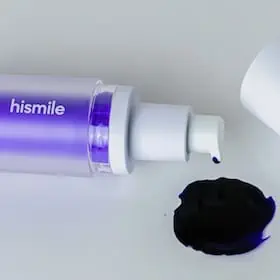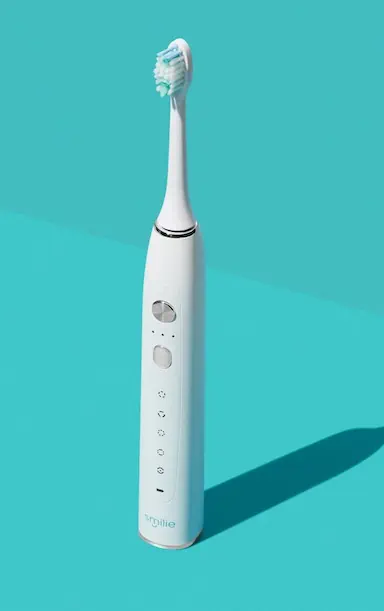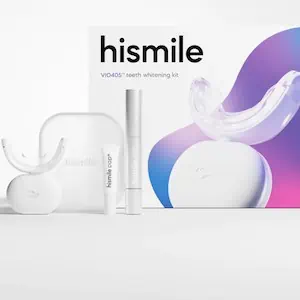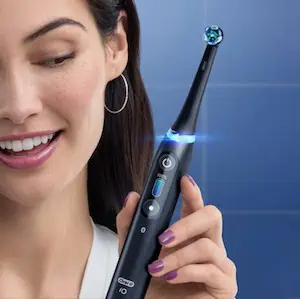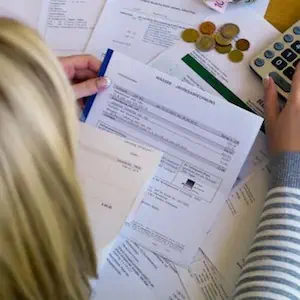Check out the hottest in teeth whitening, aligners and more!
Our Best-Selling Products
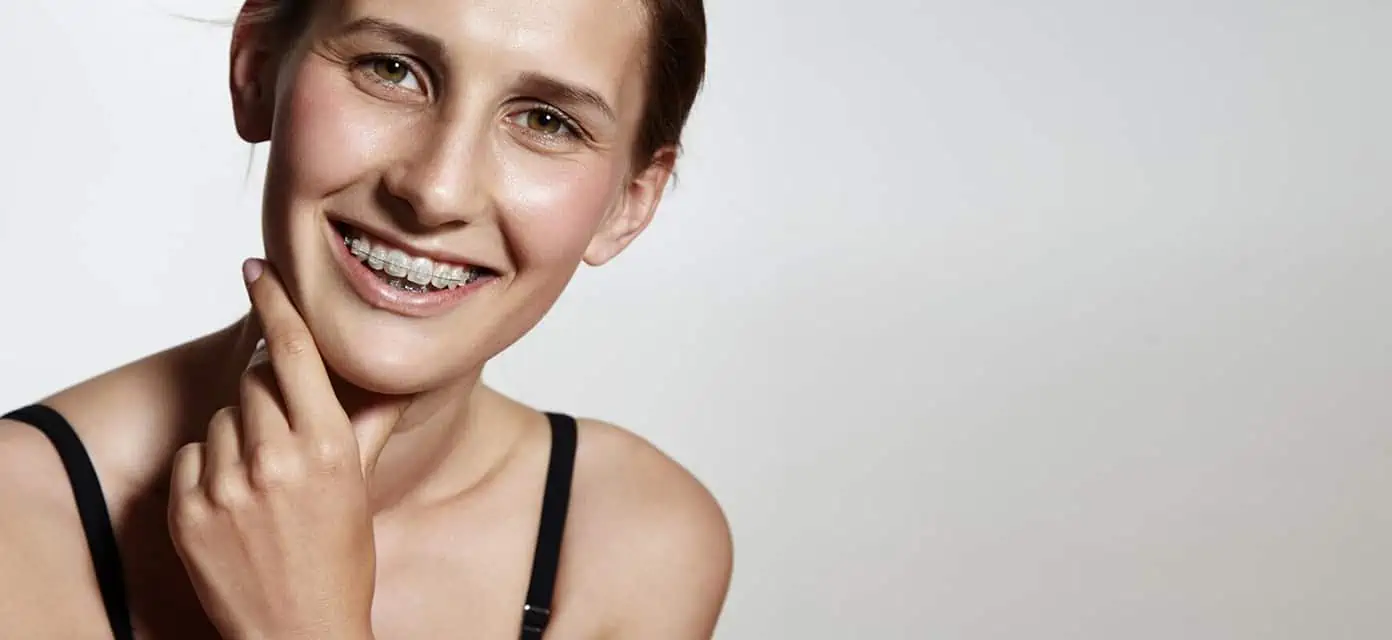
Braces
If you're thinking about braces for yourself or your child, you certainly have an important decision to make. There are many types of braces available these days, and while it's good to have so many options, it can be hard to know what's best for you. Invisible braces are popular because they are hardly noticeable, but they are not the only alternative to traditional metal braces. Browse our guides to find out more about the pros and cons of different braces, including how much they cost in the US.

Dental Esthetics
Many people are unhappy with their smile for one reason or another. If you're self-conscious about teeth that are crooked, chipped, cracked or misshapen, then cosmetic dentistry could be the answer. Or perhaps you'd just like a brighter smile, in which case you'll need to choose between professional teeth whitening and at-home whitening kits. Find out about the various options and how much they cost so you can decide what's right for you.
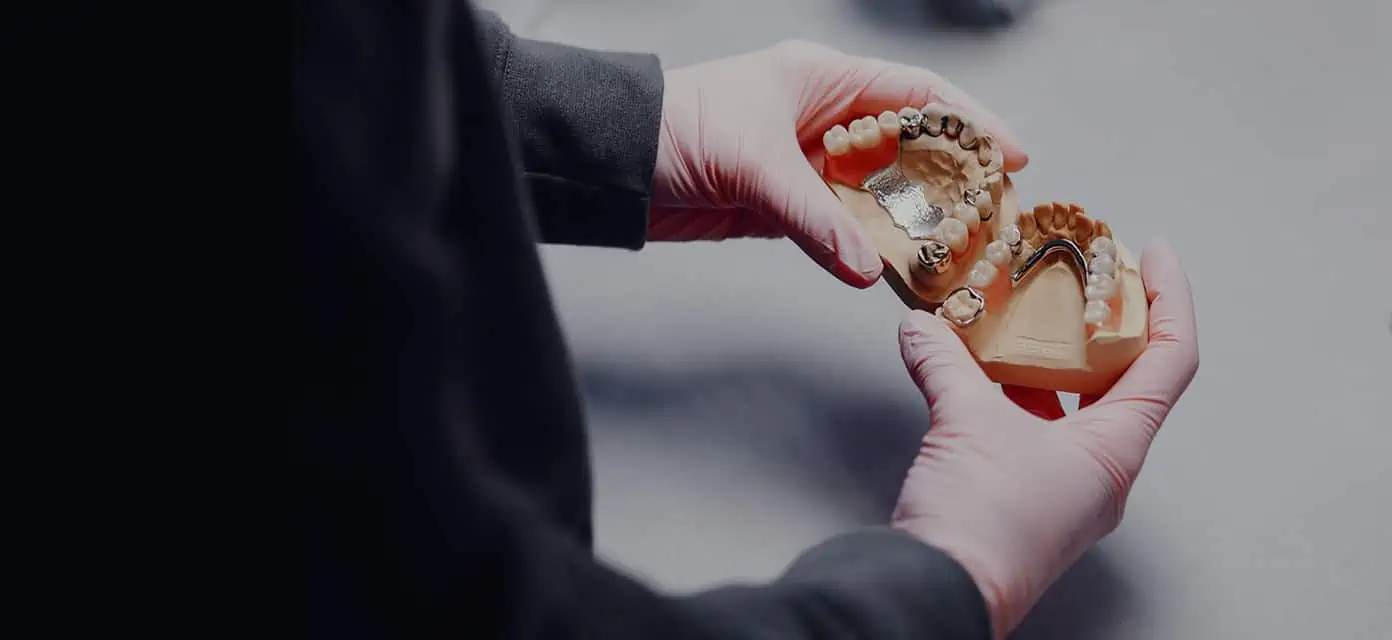
Dental Restorations
If you have a tooth that is damaged or missing, there are several ways it can be restored or replaced. Dental implants are the most durable way to replace a tooth, but also the most expensive. Dentures and bridges, while more affordable, come with other downsides. Here you'll find information about everything you should consider before choosing your treatment.
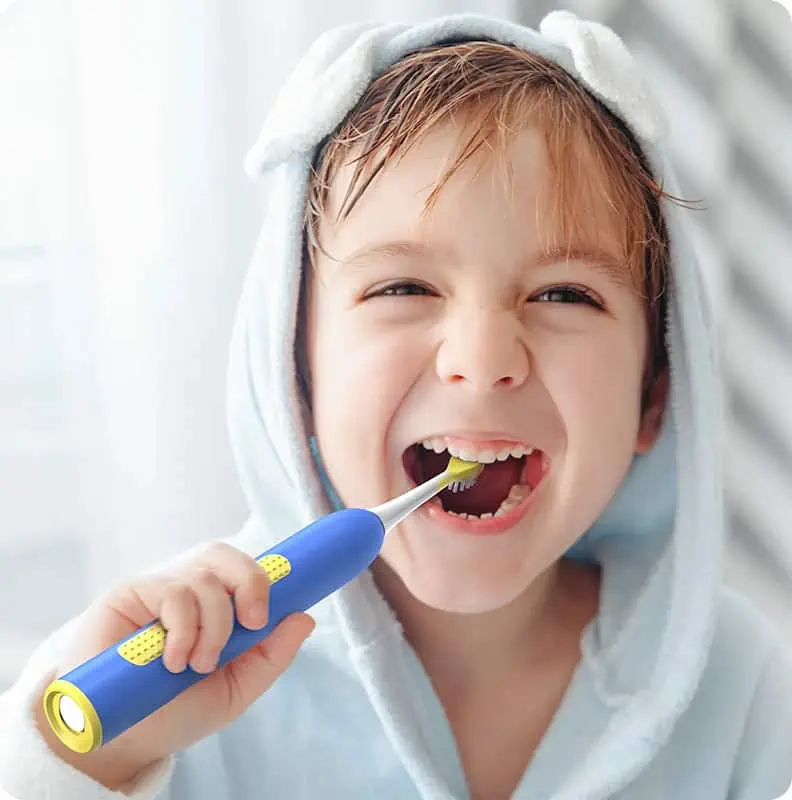
Oral Hygiene
Your teeth have to last a long time, so look after them well! It's never too late to develop better oral hygiene habits. Know how to brush properly, choose a toothbrush and toothpaste that work for you, an don't forget to floss too. And if you have kids, make sure you're setting a good example for them to follow. They don't know how to care for their teeth unless you show them.
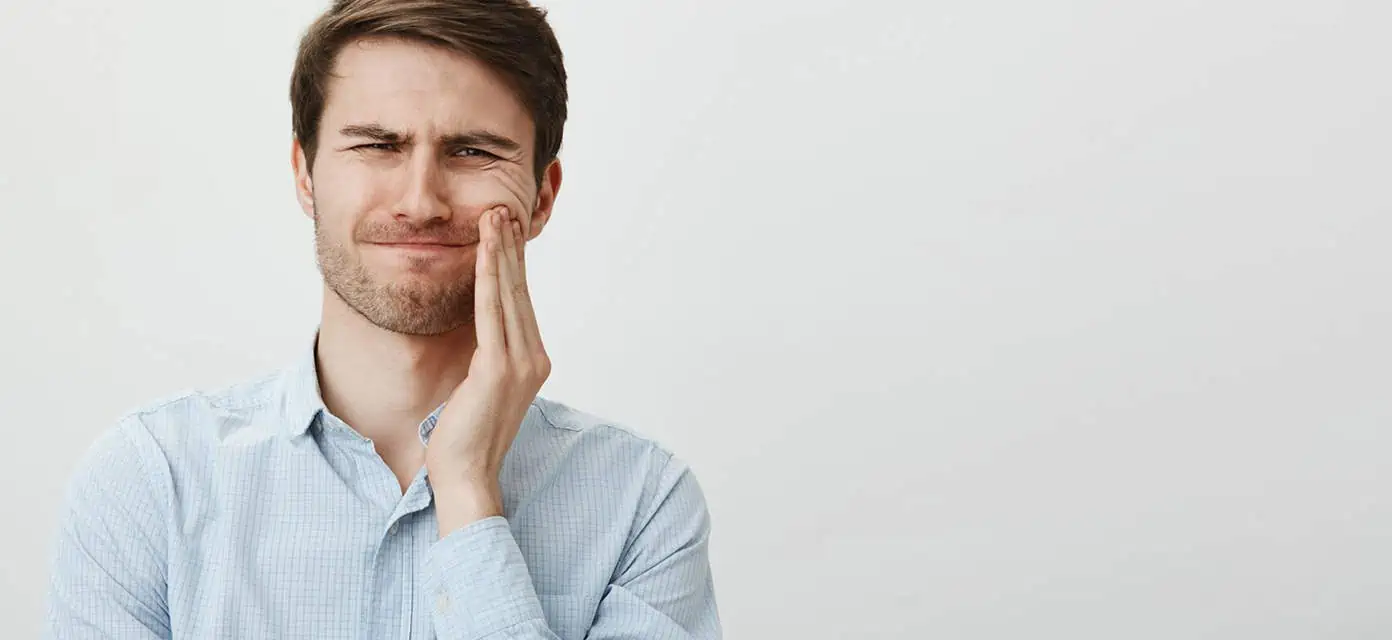
Oral Health Problems
Very few of us will get through life without any oral health problems at all. Some things — like impacted wisdom teeth — can't be avoided. Other issues, however, often stem from poor oral hygiene. Here you can read about all the things that can go wrong with your teeth and gums. Check your symptoms, see what treatment involves and how much it costs, or — better still — find out how to avoid these oral health problems in the first place.

Dental Finance
There's no avoiding the fact that good dental care costs money. Fortunately there are ways you can save money on dental treatment if you know how. Finding the right dental insurance can help, and there's also the option of travelling abroad for major dental work where you may pay 50 - 70% less. So if you're facing a dental bill you can't afford, discover how you can make it more manageable.
Discover the key to a brighter smile with our guides on top teeth whitening kits. Explore safe, effective options suited to your needs. Start your journey to dazzling teeth now. A radiant smile is an article away!
Teeth Whitening Kits
Explore our expert product guides to elevate your oral health game! From the latest electric toothbrushes to essential flossing tools, find everything you need to keep your smile healthy and sparkling. Start navigating our articles now for your ultimate oral care routine.






